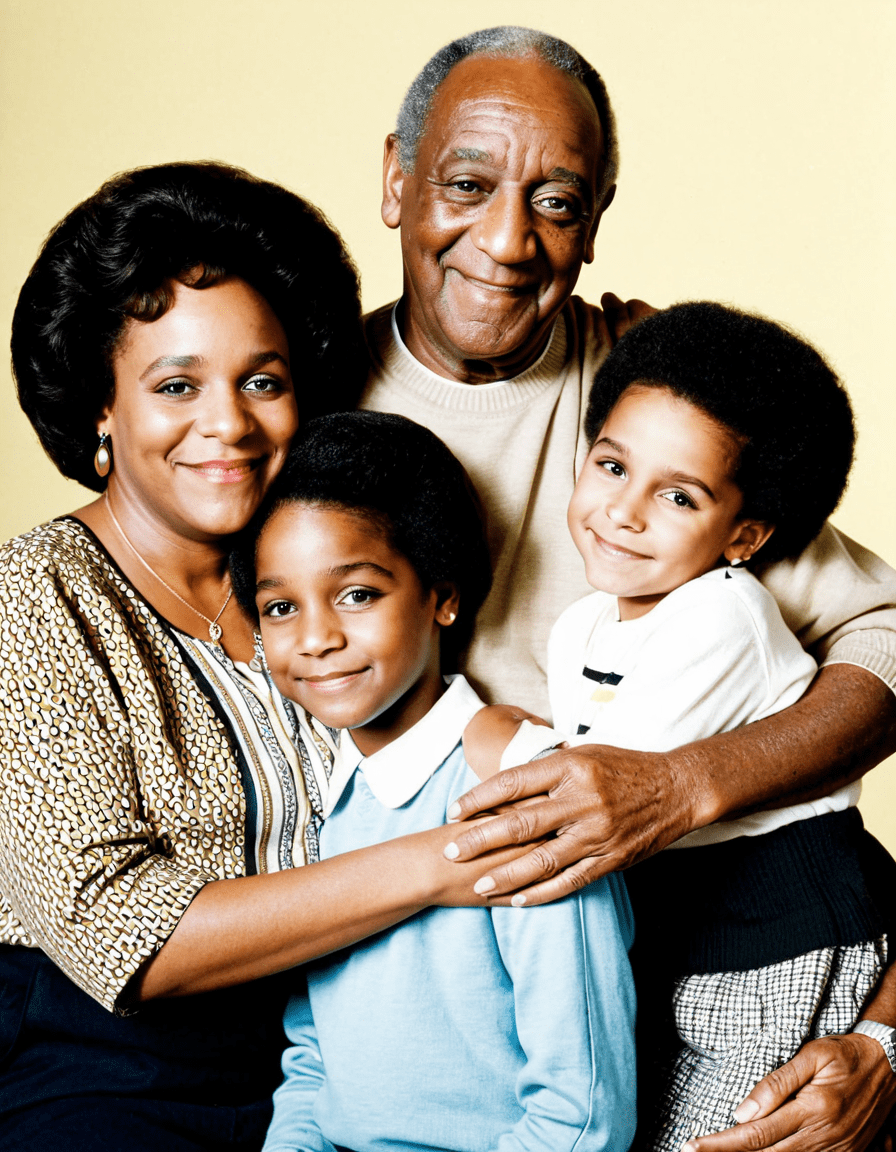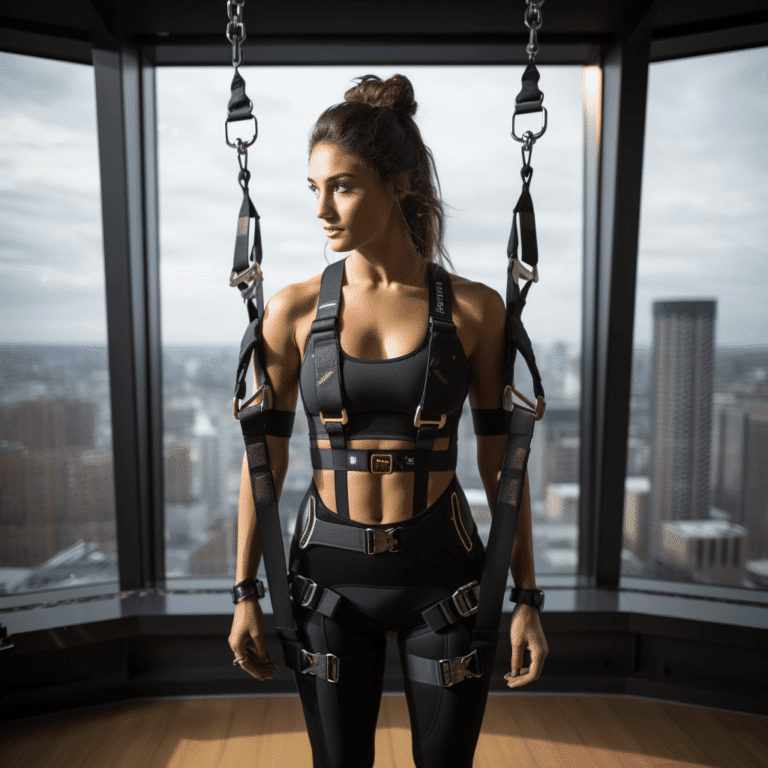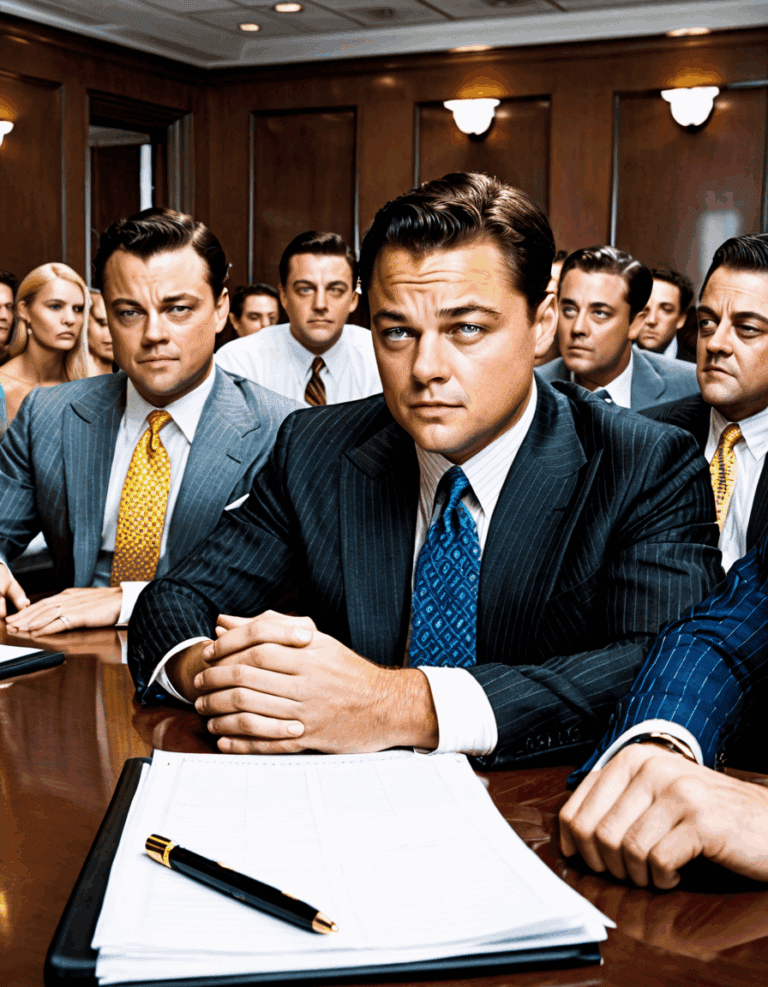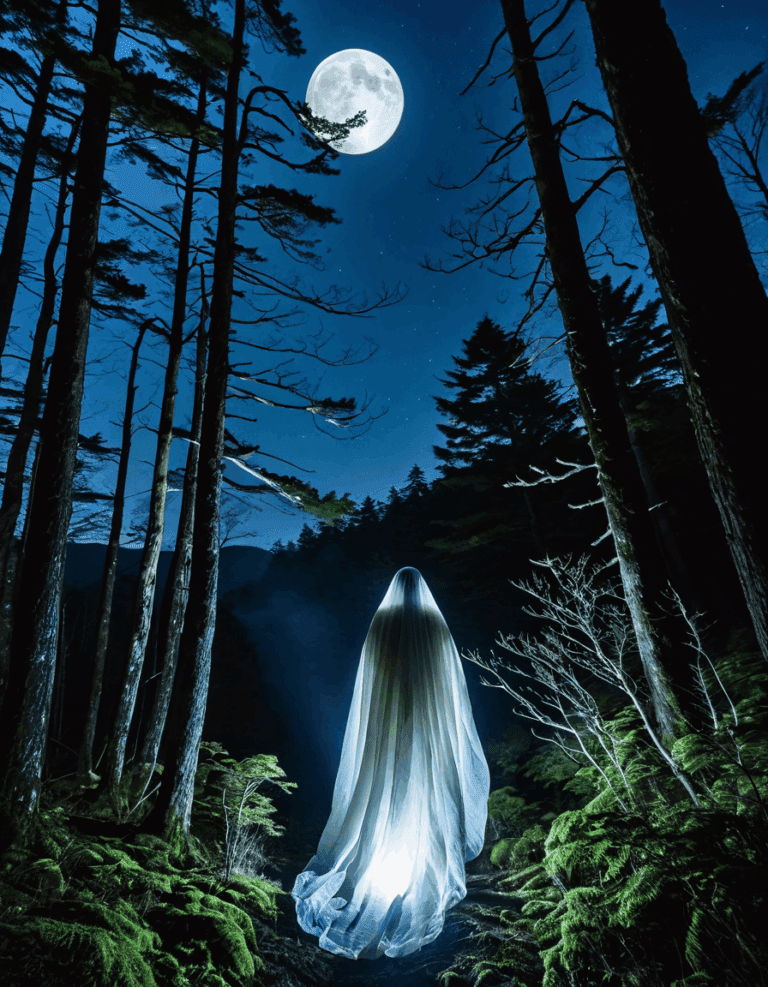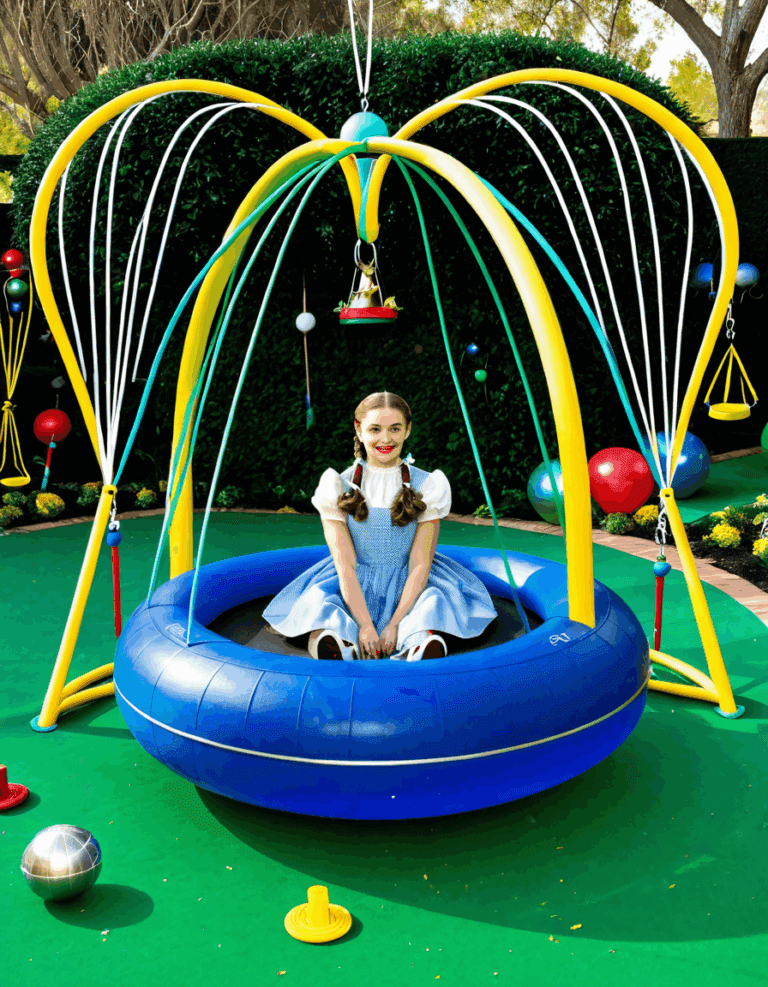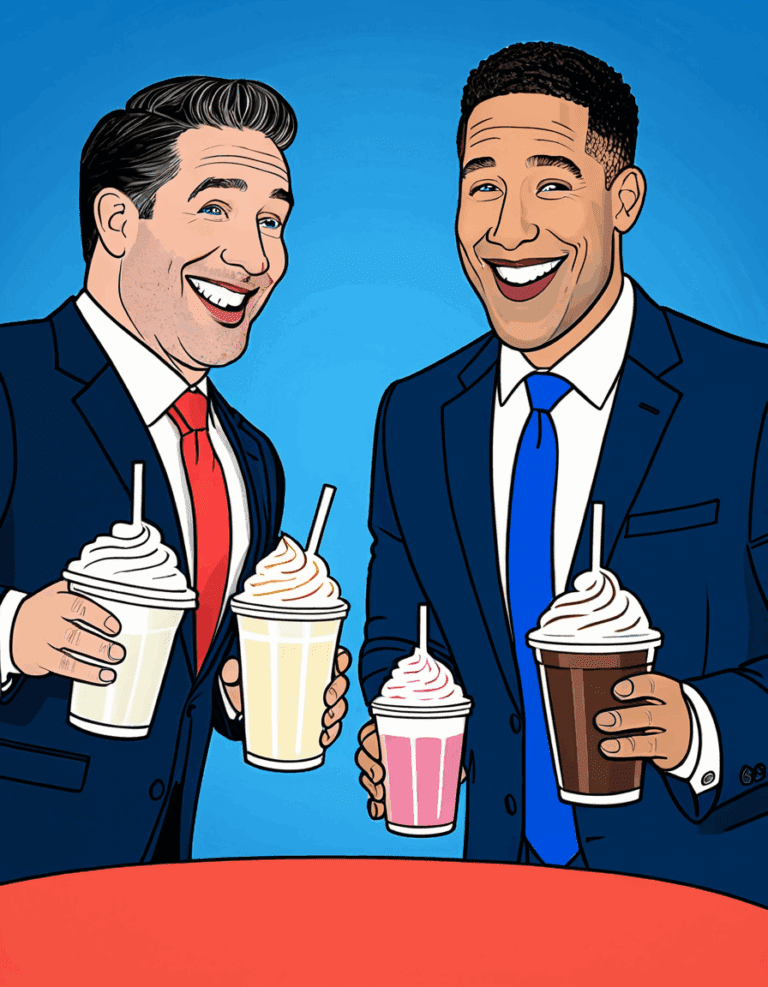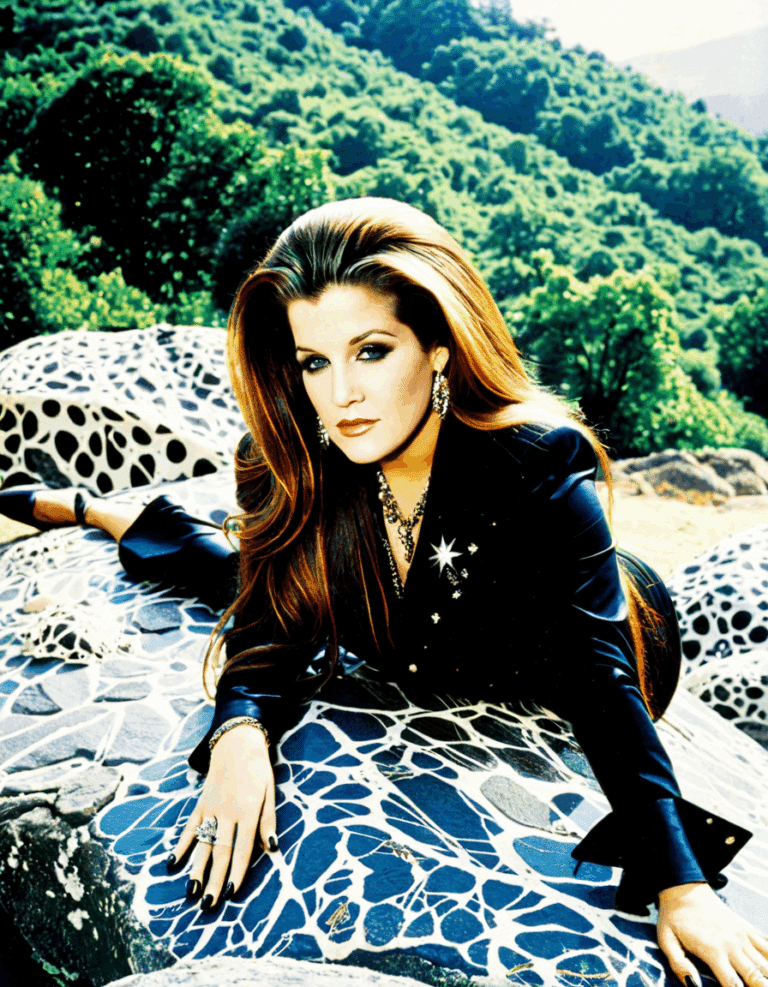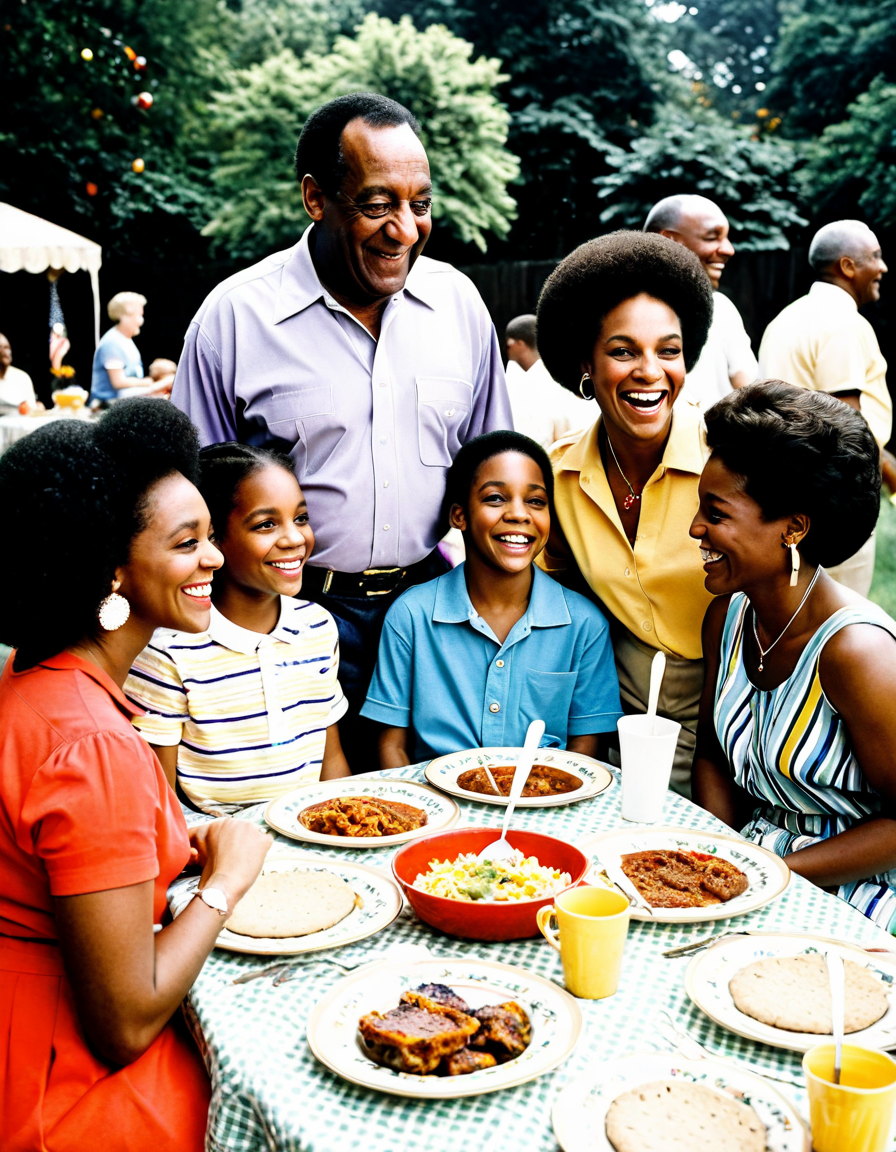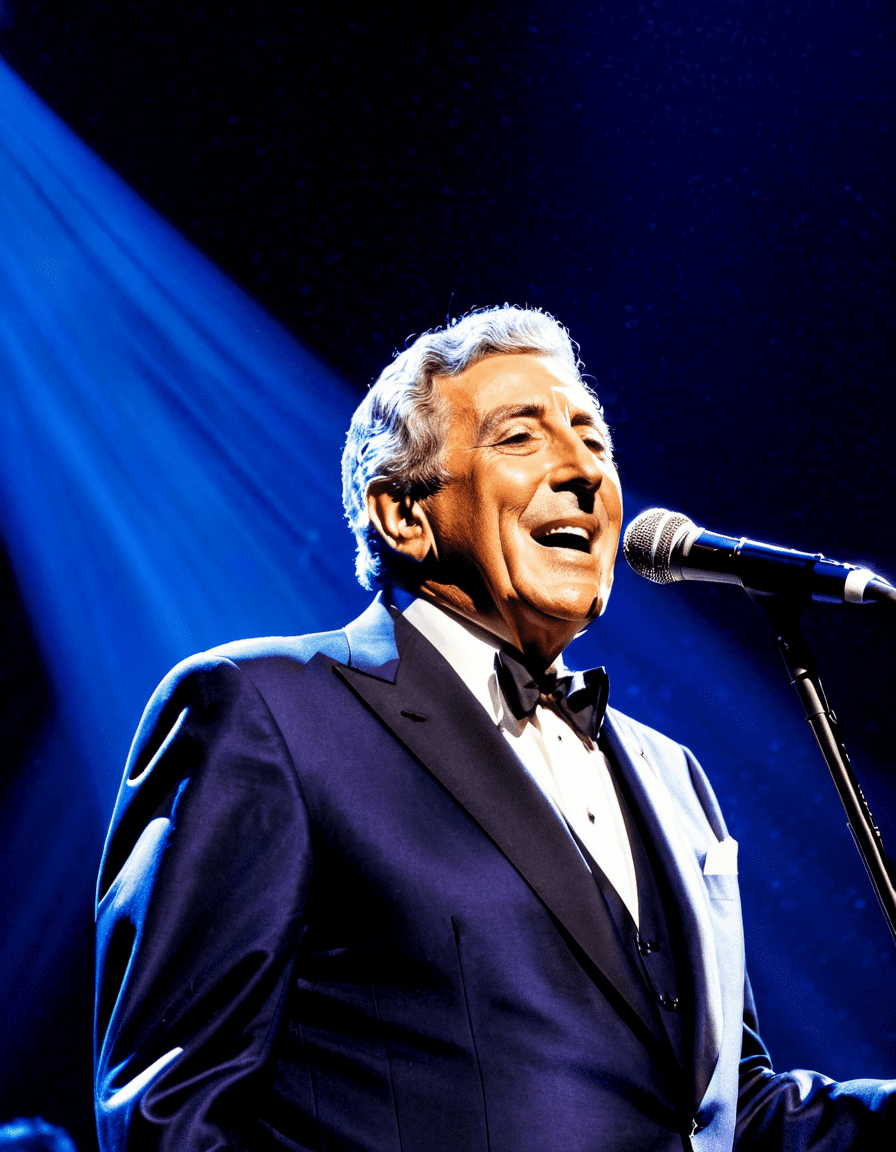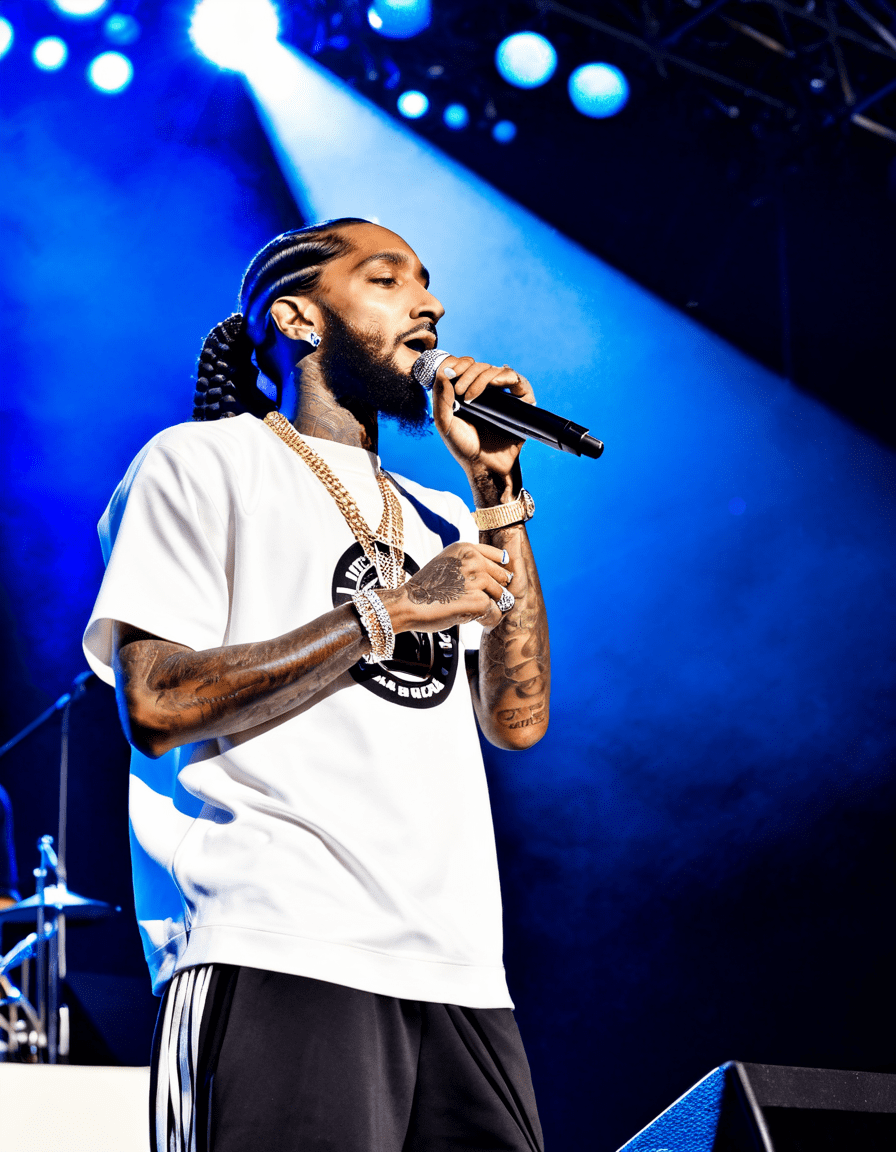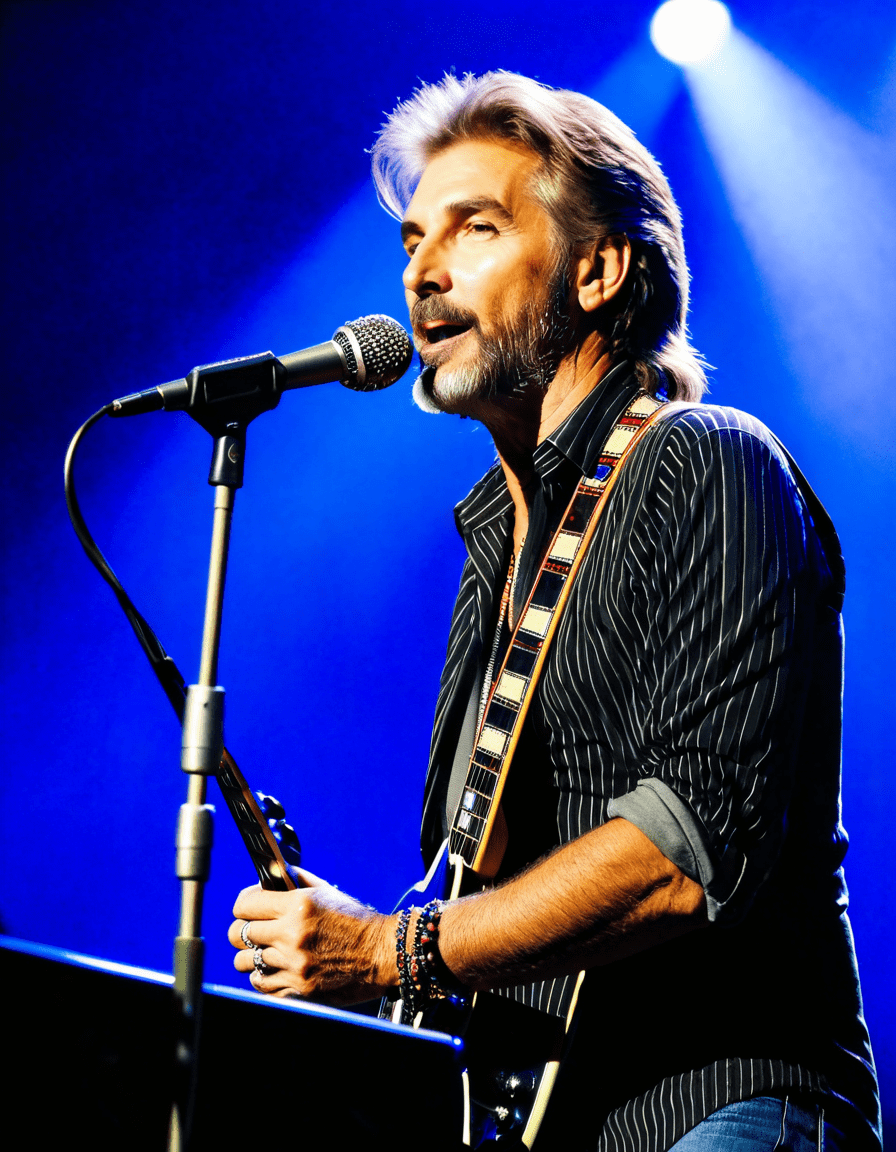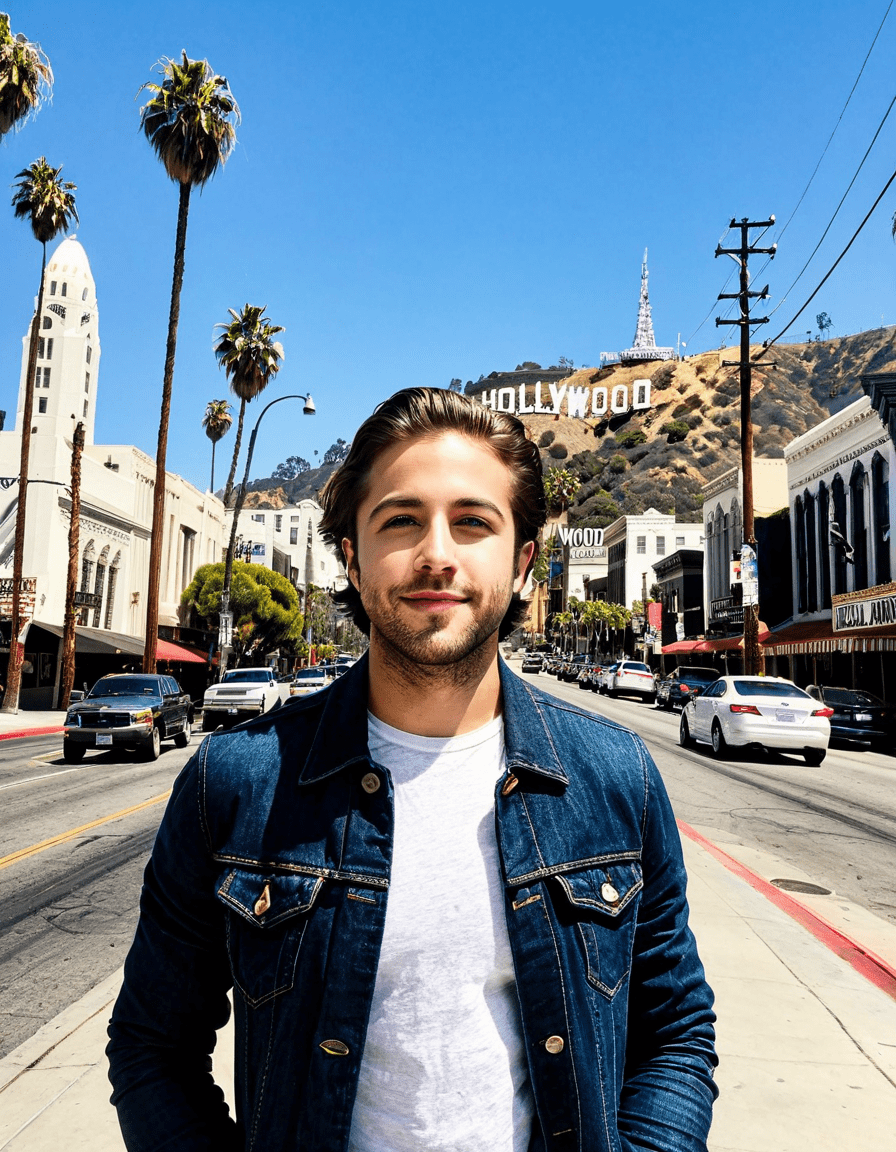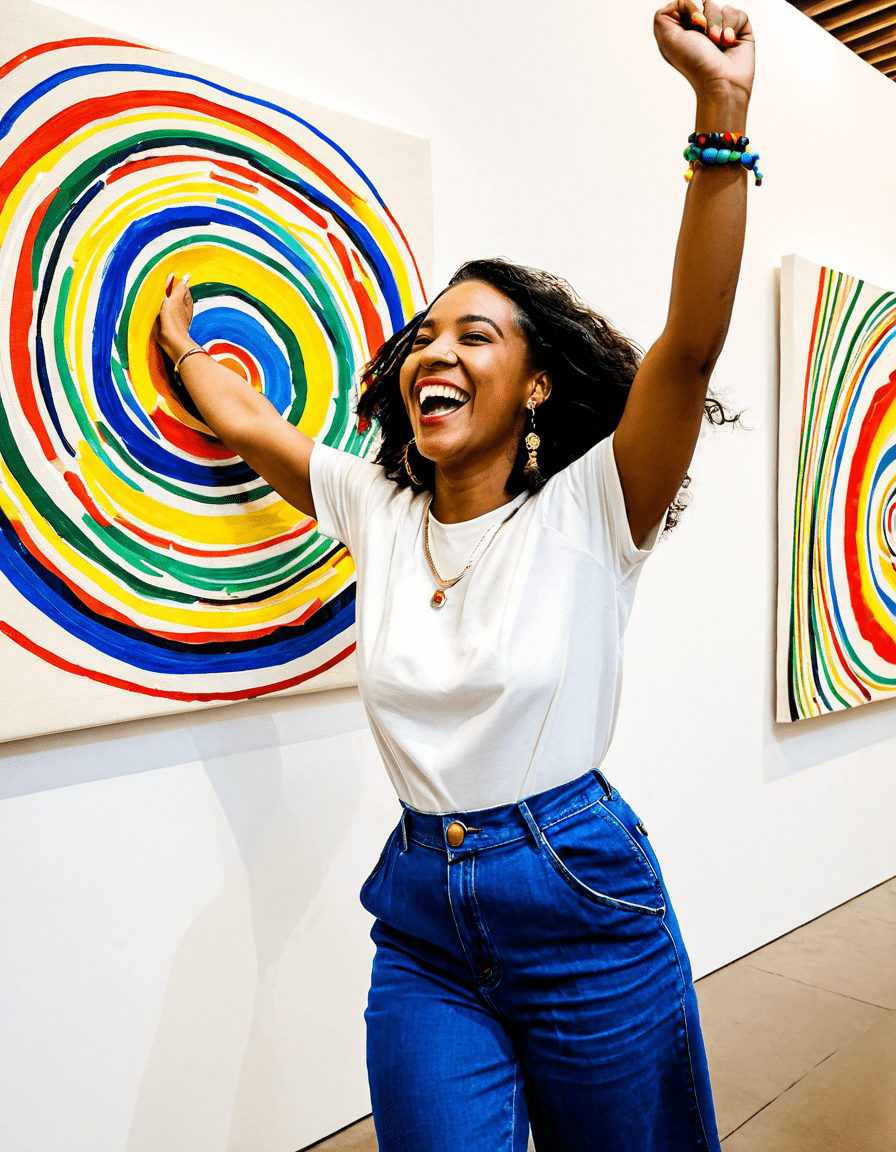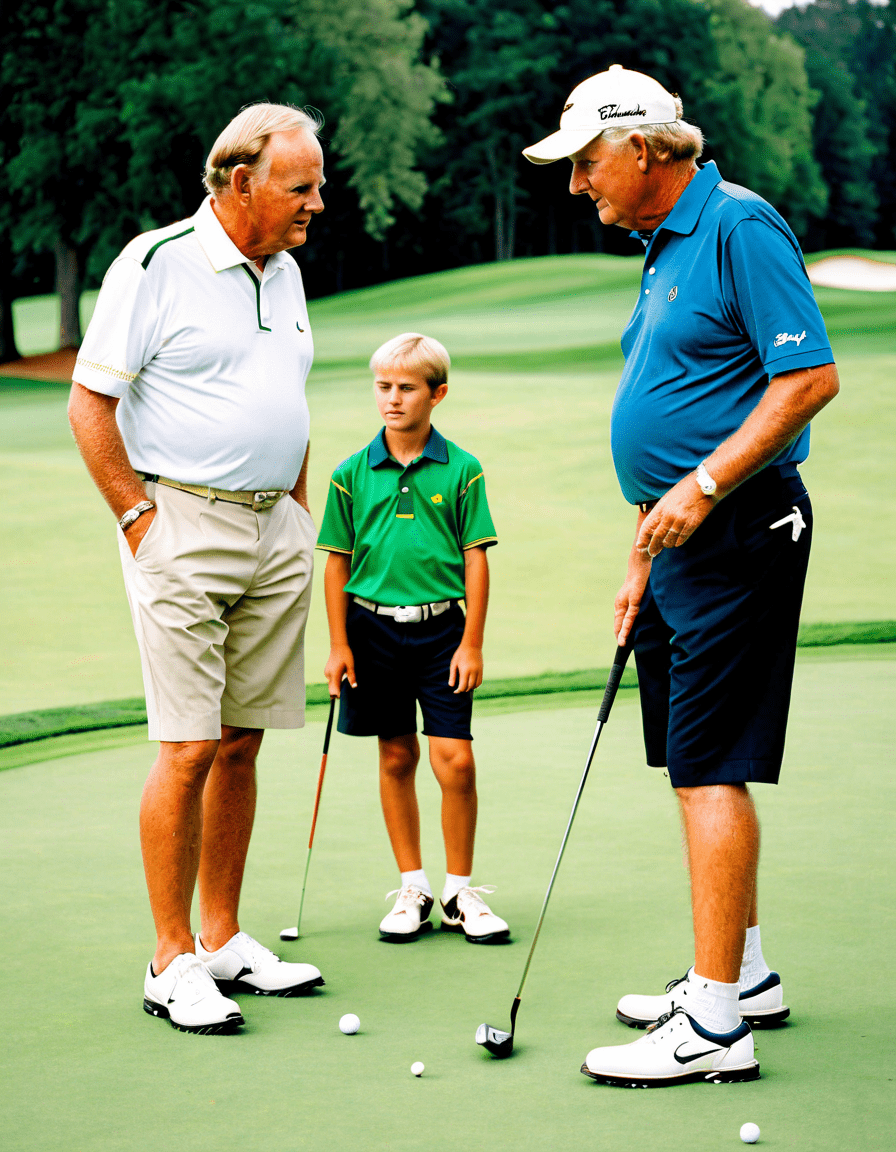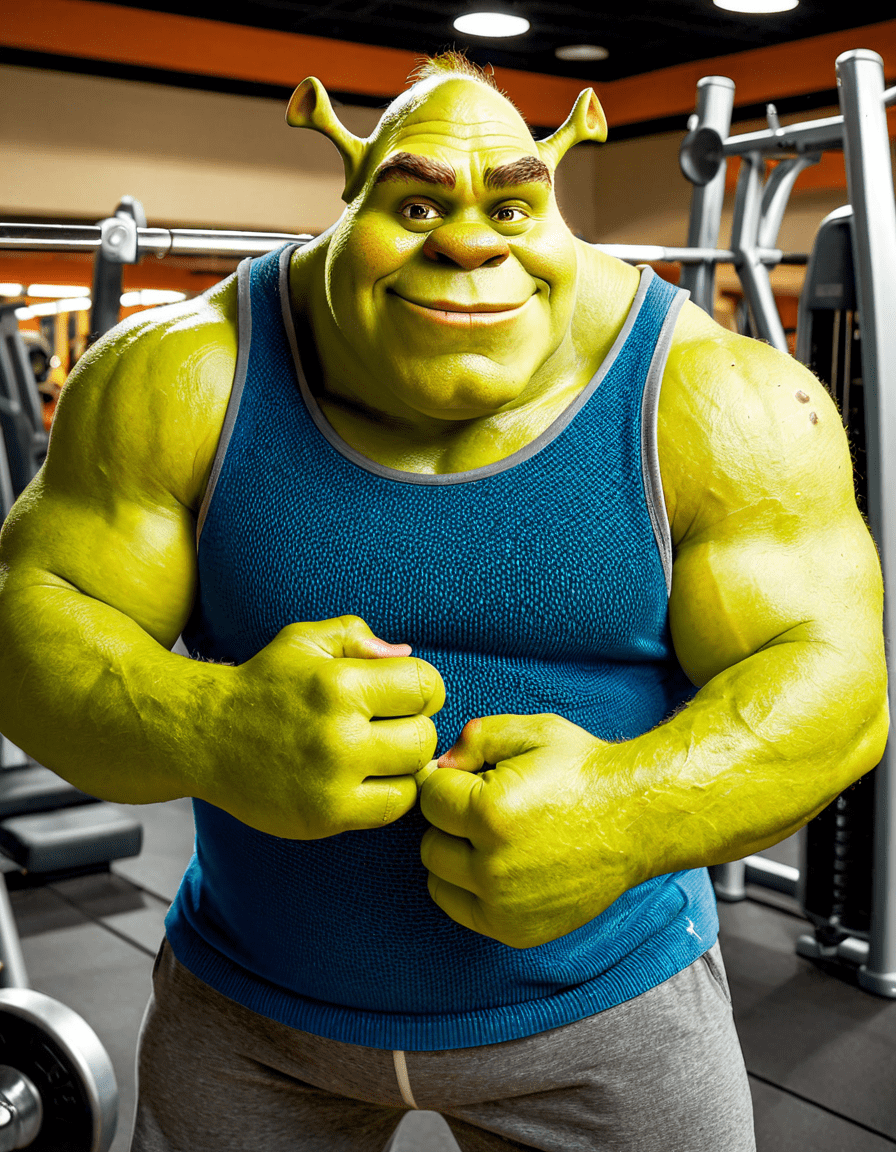The Cosby Show changed everything in American television. With its unique blend of humor and meaningful family representation, the series redefined sitcoms forever. As we dig into the Cosby Show‘s legacy, it’s clear that its influence stretches beyond just laughter and entertainment. The show’s cultural impact shaped the way viewers perceive family dynamics and societal issues, leading to discussions that resonate even today. Let’s explore the top seven ways the Cosby Show left its mark on American sitcoms.
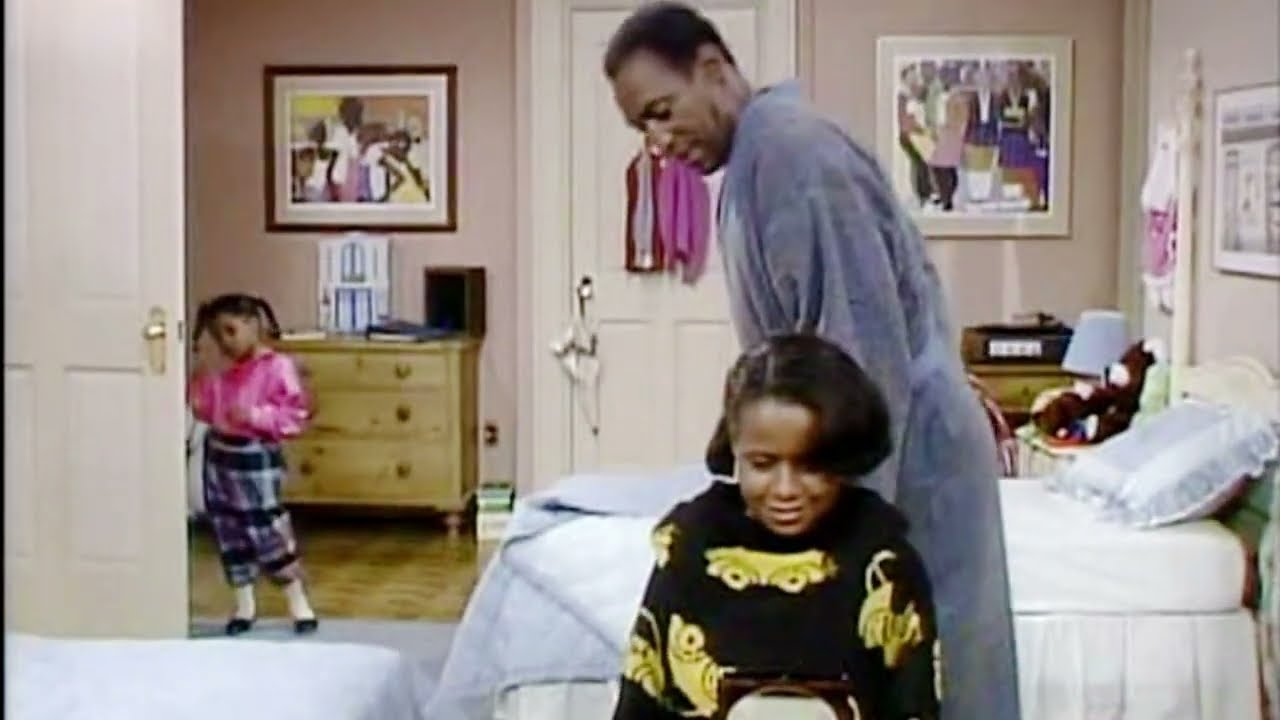
1. Top 7 Ways The Cosby Show Shaped American Sitcoms
Cultural Representation
The Cosby Show shattered stereotypes surrounding African American families on television. Bill Cosby’s Dr. Heathcliff Huxtable represented a successful and loving black family, challenging negative portrayals that were common at the time. As a result, it created space for future shows like the George Lopez Show, which explored cultural identity while injecting humor into everyday lives.
Importance of Family Values
Every episode of the Cosby Show emphasized familial ties. From respect to communication, the Huxtable family showcased what it meant to be together through both trials and triumphs. This heartfelt approach laid the groundwork for subsequent family sitcoms, inspiring series like Full House and more modern shows like Black-ish, which echo similar themes. In a fast-paced world, the strength of these family lessons still resonates today.
Role of Education
Education takes center stage throughout the Cosby Show. Cliff and Claire Huxtable were not just loving parents; they were beacons of academic achievement, encouraging the pursuit of higher education. The show inspired viewers to value educational aspirations, paving the way for sitcoms like The Fresh Prince of Bel-Air, where characters tackle academic challenges and showcase varying educational journeys. This focus remains crucial, making education an entertaining dialogue for families.
Adult Humor and Social Commentary
One standout feature of the Cosby Show was its skill in addressing serious societal issues through humor. Delicately approached topics like racism, classism, and teenage pregnancy opened the floor for conversations rather than alienation. For example, Vanessa Huxtable’s rebellious phase provided viewers a glimpse into parent-teen relationships. By crafting comedy from tough topics, the show taught audiences that sometimes, laughter can be the best remedy.
The Ensemble Cast As Cultural Icons
The characters in the Cosby Show didn’t just tickle funny bones; they represented diverse aspects of African American life. From the authoritative yet loving Claire to the witty Theo, the ensemble cast drew viewers into their world, creating relatable narratives. This ensemble approach has become an essential feature in shows like This Is Us, showcasing how interconnected stories generate empathy within communities.
The Rise of Guest Appearances
The Cosby Show popularized guest appearances, which became a hallmark of many sitcoms thereafter. Notable guest stars, from musicians to other actors, enriched stories and provided fresh plots. This trend paved the way for series such as Friends and How I Met Your Mother, redefining the standard of crossover appearances and collaborative storytelling in the television industry.
Laughter as Therapy
Perhaps the most enduring legacy of the Cosby Show is the idea that laughter can be therapeutic. Many episodes illustrated how humor could ease the burdens of life, connecting generations through unforgettable moments. This notion is echoed in modern shows like Schitt’s Creek, which shows how laughter can be a unifying force even amidst life’s challenges.
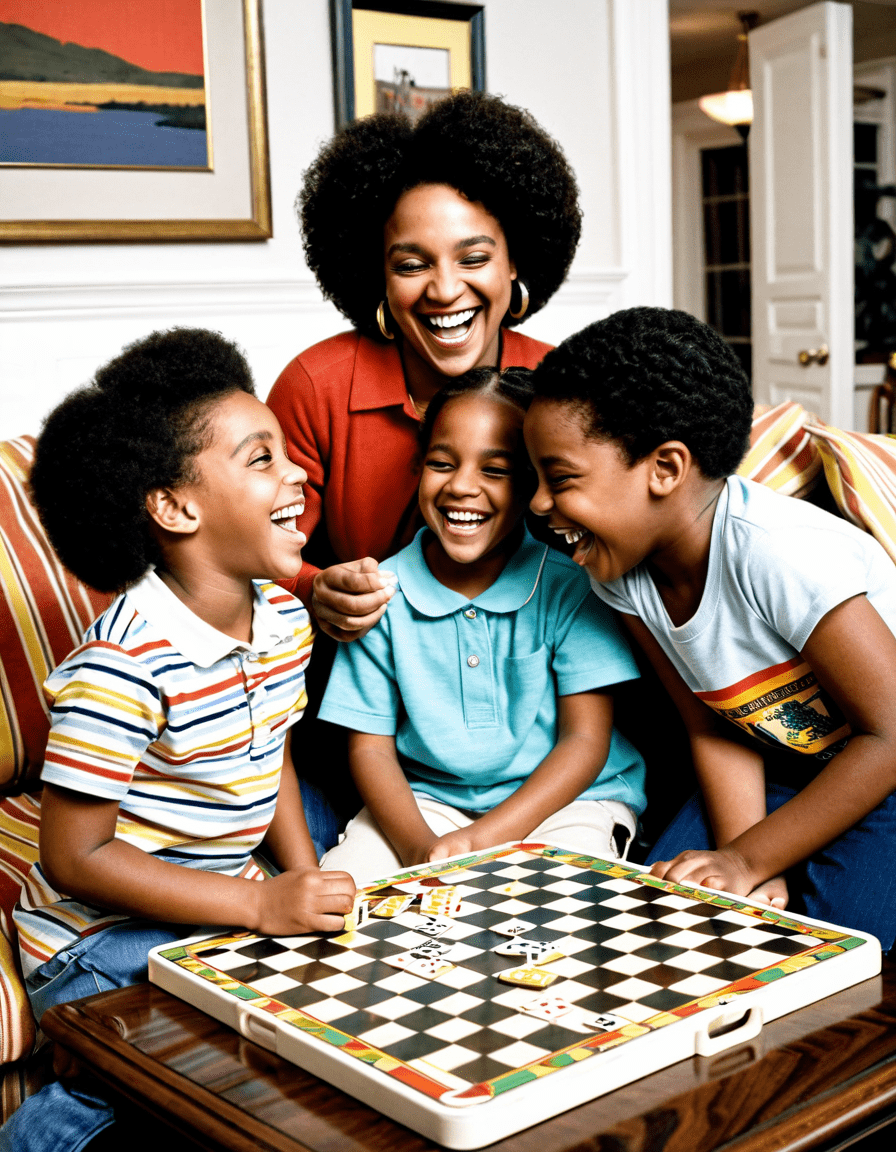
2. Bill Cosby: The Man Behind the Legacy and the Controversy
Reflecting on the Cosby Show prompts us to navigate the complicated legacy of its creator, Bill Cosby. Initially viewed as a promoter of family values, Cosby’s later life was marred by serious allegations, culminating in his 2017 conviction for sexual assault. This shift prompted fans and scholars alike to reevaluate the disconnect between the wholesome image of the sitcom and the troubling reality of its creator.
Cosby’s fall from grace led to broader conversations around celebrity accountability and the complexities of enjoying a piece of art while acknowledging the moral failings of its creator. The dichotomy has provoked thought-provoking dialogues about how audiences engage with iconic figures and their work. For many, the Cosby Show remains a nostalgic token, but the discussions around Cosby emphasize critical lessons about the relationship between entertainment and ethics.
As society grapples with these challenging questions, fans find themselves divided—can one still appreciate the influence of a show like the Cosby Show while confronting its creator’s darker legacy? The ongoing discourse surrounding Bill Cosby reminds us of the importance of recognizing the social implications of entertainment in shaping culture.
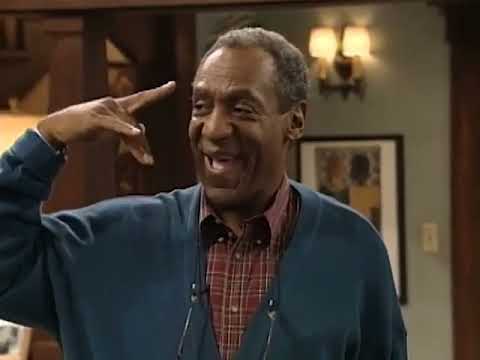
3. Beyond The Cosby Show: Legacy and the Future of Sitcoms
The legacy of the Cosby Show continues to ripple through today’s television landscape, where family dynamics evolve. Shows like Black-ish and This Is Us take cues from Cosby’s ability to blend humor with moral storytelling. These series navigate complex themes regarding race and identity, demonstrating how the essence of family values remains integral.
On the flip side, more modern sitcoms like Brooklyn Nine-Nine and The Good Place embrace faster-paced humor and diverse ensemble casts, moving away from the traditional narrative structure associated with the Cosby Show. This shift signals how family storytelling adapts to contemporary contexts while retaining core values.
Furthermore, inclusivity now reigns supreme in the genre. The emergence of new voices enriches the dialogue about identity and culture. Even with the complicated history tied to the Cosby Show, the conversations it ignited continue to inspire fresh storytelling, ensuring that laughter and morals shape the narratives of tomorrow.
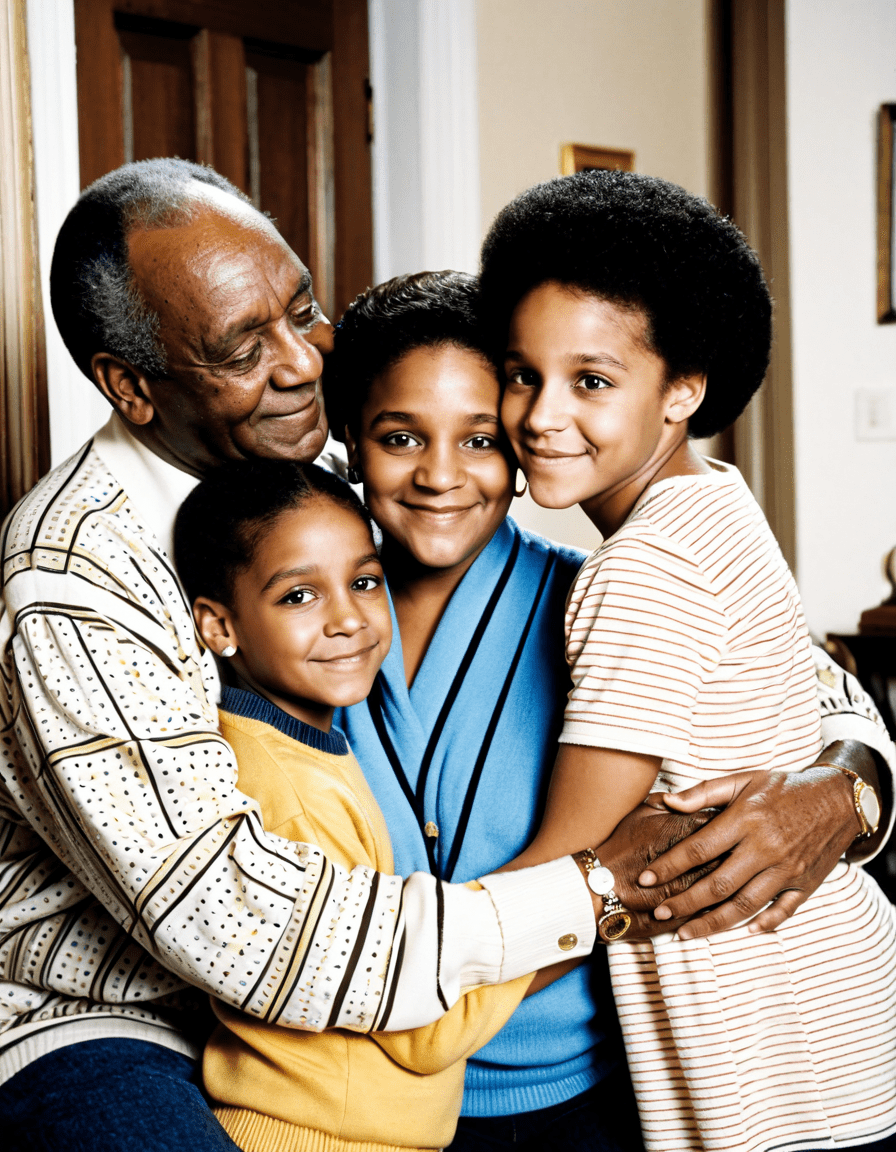
Wrapping Up: The Enduring Influence of The Cosby Show
As we step into an age marked by rapid social change, the Cosby Show—albeit tainted by the complexities of its creator’s life—stands as a rich source of reflection. This show, rooted in humor and meaningful family representation, proves laughter remains a potent tool for understanding our shared human experience. By examining how the Cosby Show influenced sitcoms since its debut, we see that comedy, in its myriad forms, serves not only to entertain but also to provoke thought, foster connection, and celebrate the enduring values that bind us together.
In the end, as we continue to navigate our own journeys, it’s important to cherish the humor in our lives. Learning from the past, we can embrace the joy, resilience, and shared values aiming to light the path ahead. With every laugh, we’re reminded of the legacy that stands—one that encourages discussions about family and society, framing laughter as a bridge to understanding.
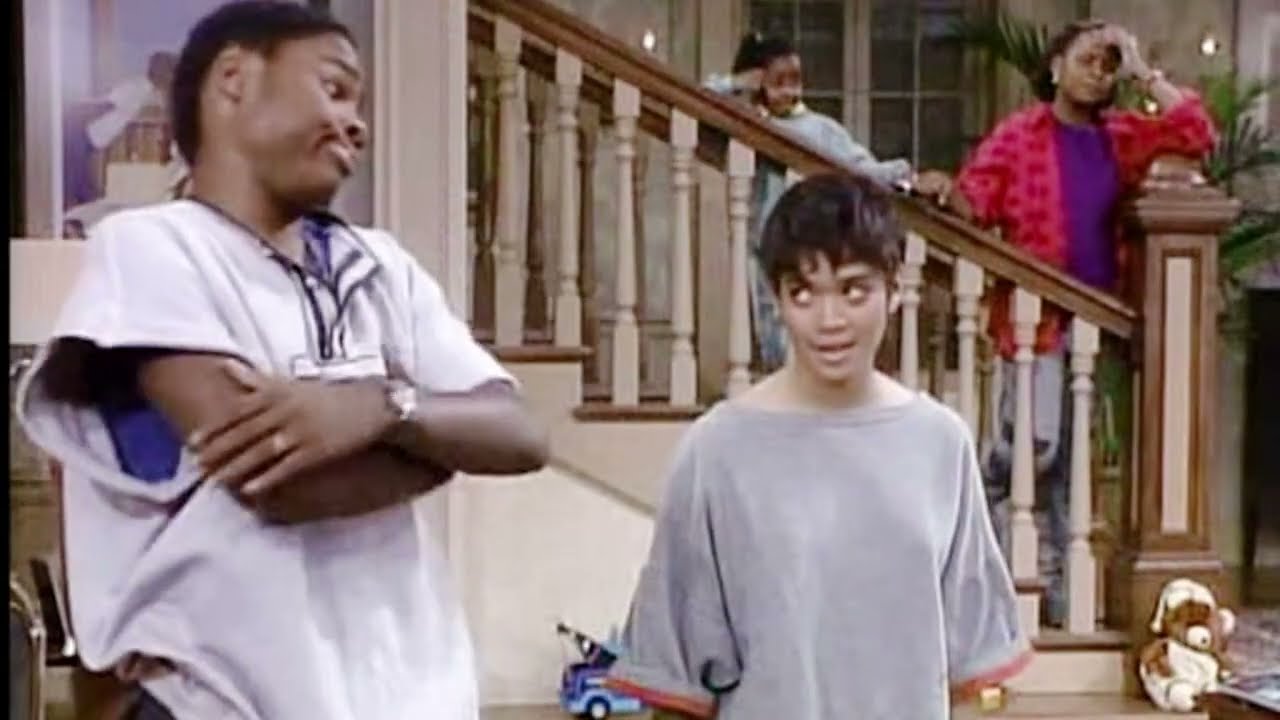
The Cosby Show: Legacy of Laughter and Family Values
Fun Facts You Didn’t Know About The Cosby Show
Did you know that The Cosby Show almost had a completely different title? Originally, the show was set to be called “The Huxtables” which was a nod to the family’s last name! That’s not the only behind-the-scenes detail to discover. As it turns out, Bill Cosby was deeply involved in the casting process, ensuring that the show reflected a variety of real-life experiences. Ironically, like the dynamic challenges facing the G20 movie, the show’s premise attempted to navigate and address societal issues while keeping the humor front and center.
If you’re a fan of surprising connections, here’s another twist: the show served as a launching pad for numerous careers. For instance, Malcolm-Jamal Warner, who played Theo, became a notable advocate for various social issues after the series wrapped up. Just like Vanessa Hudgens, who has made a name for herself in both film and music, Warner has successfully transitioned into multiple fields, showcasing the versatility of prominent figures from the show. The archetype of diversity in casting has become a standard for many successful productions that followed, ensuring more inclusive stories resonate.
And speaking of diversity, The Cosby Show wasn’t just about laughs; it tackled genuine family themes that still resonate today. Take Maitreyi Ramakrishnan, for example, whose breakout role showed how modern series are echoing those family values. It’s fascinating to see how shows like The Cosby Show are echoed in contemporary productions to foster a sense of belonging among their audiences. In a similar vein, while The Cosby Show was an unforgettable family series, Chuck Lorre—creator of another iconic show, The Big Bang Theory—has also woven humor with heart into his storytelling.
With the show’s impact stretching into various aspects of pop culture, it’s left a legacy of understanding that families come in all shapes and sizes. Much like the diverse Love Island USA cast or even the dynamic interactions of the X-Men cast, the portrayal of families on The Cosby Show was instrumental in shaping conversations about race, class, and family dynamics in America. Talk about a monumental legacy! Whether you’re looking to reminisce or explore its impact today, The Cosby Show remains a pillar of laughter and moral lessons, bridging generational gaps.
